Tutoría in Buenos Aires (English Version)
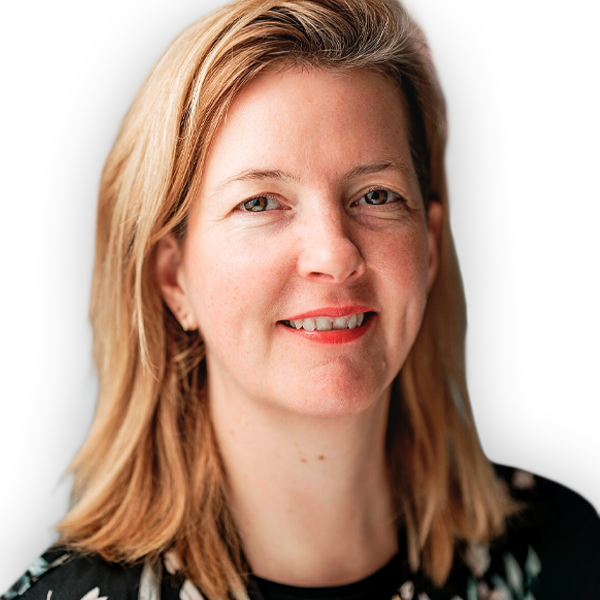
Nicole Ebber
15. April 2013
The following blog post is written by German community volunteer Cornelius Kibelka (@jaancornelius), who writes about his project with Wikimedia Argentina. This is summary of the two german blog posts (see here and here. Espanol.)
—-
In 2011 I worked as an intern in the office of Wikimedia Deutschland. Among other projects I helped Nicole Ebber in organizing the Wikimedia Conference. It was a fascinating conference with Wikimedia volunteers from all over the world. Not only in terms of most different characters and personalities, but also in the ways how they work with and support the Wikimedia projects and free knowledge in general. Many of them told me their stories and their achievements, e.g. Osmar Valdebenito, at that time president of the Chilean chapter.
Invite to Buenos Aires
Still in 2012 I kept chatting sometimes with Osmar and he told me what they were busy within his chapter and later in the Argentinian one, where Osmar became Executive Director in mid 2012. Several times we were discussing and asking each other about the chapters’ work in each country. After chatting a bit, we came up with the idea that I could come to Buenos Aires to exchange more extensively about WMDE’s work and the way the German chapter manages its projects. I presented the idea to Nicole, who meanwhile became responsible for the International Affairs at WMDE, and she was excited about the unconventional idea of chapters’ exchange. So the board of the Argentinean chapter approved Osmar’s idea and invited me to come to Buenos Aires. WMAR included the project in the FDC proposal for 2013.
From three thematic areas …
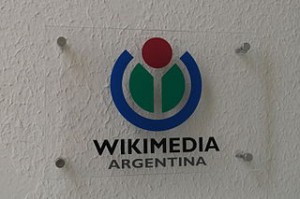
By Jcornelius (Own work) [CC-BY-SA-3.0 (http://creativecommons.org/licenses/by-sa/3.0)], via Wikimedia Commons
Osmar, Nicole and I defined three thematic areas, in which we wanted to work and elaborate recommendations for Wikimedia Argentina. The first and at the same time most important topic was about general strategy and administration, including questions about WMAR’s long-term strategy, goal-directed project management and in general elaborate the perception of the Argentinean chapter. Part of the discussion was also a better definition of the division of tasks between the board and the executive director. The second topic was communications in general, as Wikimedia Argentina was in the stage of hiring a communications officer in part time. The last topic was about how to motivate and support volunteers – or even how to create a kind of better community.
… to eighteen recommendations
After a week at WMDE’s office in Berlin, where I interviewed some of the staff to be up-to-date and get further input for Argentina, I took the plane to Buenos Aires on March 2. I stayed there for two and half weeks in the sweet and small office of WMAR.
It was important for me to try and get as much input as possible, and from different angles, not only from Osmar. I also interviewed the board members and some “regular” members. The discussions were quite intense. On top of that, it was important for me to understand how the chapter works, what topics people in the chapter want to focus on, what direction they want to give the chapter and which future developments they are aiming at. I was aware that many things, which work in the German context quite well, don’t work in Argentina: due to cultural reasons, but also due to political, economic and organizational reasons.
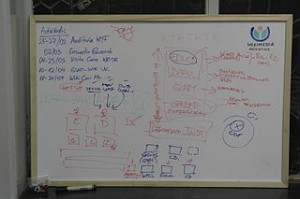
By Jcornelius (Own work) [CC-BY-SA-3.0 (http://creativecommons.org/licenses/by-sa/3.0)], via Wikimedia Commons
As the long-term strategy until now wasn’t a focus of WMAR’s work, I strongly recommend to gather all interested groups to build-up a strategy until 2015/16. Obviously, those groups shouldn’t be only the board and the employees of the chapter, but also “regular” chapter members, editors and partner organizations. As you can’t catch a normal Wikipedia with a topic like “What should Wikimedia Argentina’s strategy be until 2016” I proposed simple input meet-ups throughout the country. Doing this they could kill two birds with a stone, as at the moment there aren’t any meet-ups outside of Buenos Aires.
Another recommendation was the introduction of the Wikimedia-Woche in Spanish. The Wikimedia-Woche is a really simple weekly newsletter, consisting only in a collection of links. They’re sorted, and every link is introduced by one or two sentences. It helps to keep the track of Wikimedia Movement, especially as non-native English speaker. Osmar proposed to introduce this on an Iberocoop level, the Regional Cooperation Initiative for ibero-american chapters.
You can find my presentation in English and in Spanish on Wikimedia Commons.
Evaluation in HK
After those most interesting and intense weeks of discussion and interaction with all the Argentinean Wikimedians, I’m curious about the further developments of the chapter. The idea was that Osmar and I submit a talk to present at the Wikimania in Hong Kong about this small project. What changed in those months after the stay? What were the outcomes of this chapter exchange? Is it applicable to other chapters? What kind of conditions must be fulfilled? How does the chapter feel about it in general?
However, what I definitely learned after this project: chapters are not alone. They can support and learn from each other, independently of their size and maturity, as we share the same ideas and values. ¡Viva la colaboración! :)

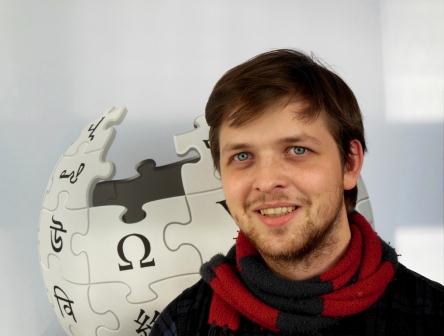
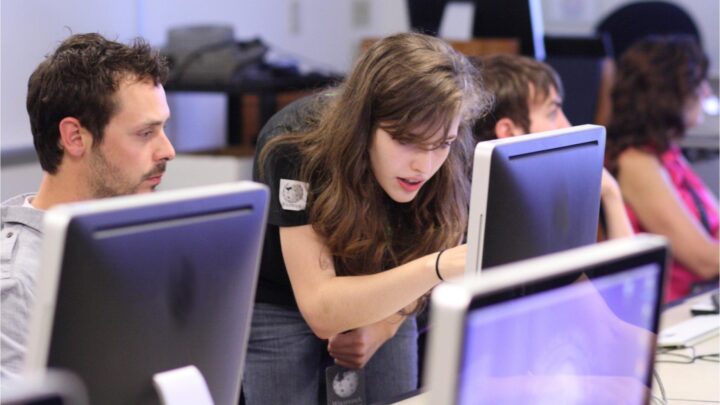



[...] Anfang März hatte Cornelius Kibelka (@jaancornelius) hier im Blog sein Projekt Tutoría in Buenos Aires beschrieben. Seit gestern ist er aus Buenos Aires zurück und schildert nun, wie es gelaufen ist. Wir bleiben weiter dran und berichten von dieser interessanten Chapterzusammenarbeit. Here’s the English summary. [...]
[...] Der folgende Beitrag stammt aus der Feder von Cornelius Kibelka, der über seine Zusammenarbeit mit WMAR schreibt. Wir freuen uns über diese schöne Idee und wünschen viel Erfolg! (Find an English summary here.) [...]